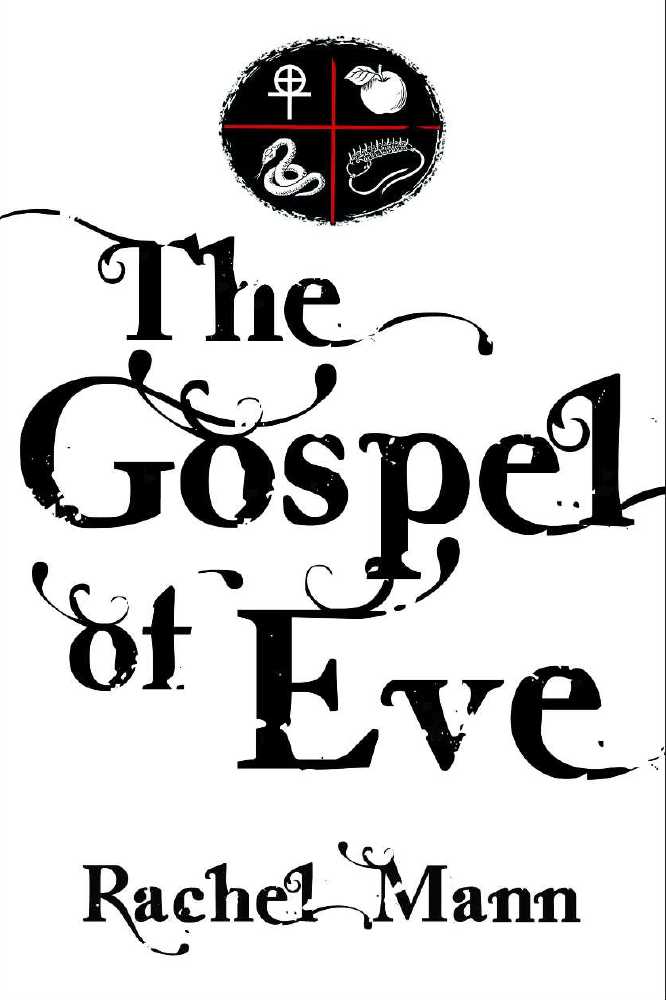Author Rachel Mann shares an obsession for possessing rare books with the protagonist of her debut novel The Gospel of Eve…

The Gospel of Eve
If I ever doubted that truth is stranger than fiction, two recent stories made me think again. Back in the spring, a story broke about a prominent Oxford academic caught stealing and selling an ancient fragment of the Gospels to the highest bidder. The other story, which broke in September 2020, concerned the discovery of a hoard of priceless stolen books, including first editions of works by Galileo and Isaac Newton, hidden away under the floorboards of a house in Romania.
The reason why these real-life stories drew me up short is because they closely relate to some fictional twists in my novel The Gospel of Eve, a thriller set in ‘90s Oxford among a group of young people obsessed with the power of ancient books. While I shall try to avoid too many spoilers about how my novel works out, perhaps I should not be surprised that reality so closely relates to my fiction writing. Why? Well, because books have the power to generate the most powerful and, arguably, dangerous passions.
In The Gospel of Eve, the central character, Kitty, and her friends, become so obsessed with suppressed and rare medieval books that nothing illegal is off limits, even violence, exploitation and murder. While I want to be clear that I’ve never indulged in anything illegal in the pursuit of books, I know from my own experience just how compelling collecting books can be. If my library is not huge – probably about two and half thousand books – I’d be lying to you if I said I did not own some treasures, and that I feel a thrill at knowing that those books are mine.
I am fascinated why some people become book collectors and obsessives. Like my central character Kitty, I grew up in a working-class home with few books. We had the TV on all the time and I have to say, in an age where the visual is so dominant, in many ways I’m grateful. Television and film have languages all their own, and it’s great to be fluent in them. However, at an early age I also fell in love with books – their look, their feel and even their smell. Most of all, I loved the stories and knowledge they contained. By the time I’d left primary school I’d devoured pretty much every work in its library and I’ve just kept going since.
So, perhaps part of the reason that I, like my fictional heroine Kitty, became a book-obsessive is because books represent a way to connect with a bigger world. One of the greatest things about fiction is how it enables you to inhabit other worlds. As both a child and an adult I’ve adored the chance to escape into the worlds of Lizzie Bennet or Jane Eyre or anyone one wants to be.
However, there is something else that many collectors prize: rarity. One of the reasons that a mint first edition of Harry Potter and the Philosopher’s Stone is considered so valuable is its scarcity and there is power in the ‘limited’ edition and the first edition. Quietly, over the years, I’ve got hold of first editions by many of my favourite authors, including J.K.Rowling, Agatha Christie, Dorothy L. Sayers and Evelyn Waugh. I’m less interested in their financial value than in the sense that one can hold a rare thing created by the writers one most admires. Sometimes writers talk about their books as if they’re children, and rare books can take us right back to something akin to a newborn child.
For me, however, the real thrill of collecting strange and rare books is almost intangible. There is a magic about old books. At one point in The Gospel of Eve, my protagonist becomes aware of the scent of an eight-hundred year old book she holds. The scents include old leather and tobacco and the echoes of perfumes and aftershave. She is taken back to a memory of her long dead grandfather and she feels connected to her half-forgotten past.
Each book I have holds a story – a story about who owned it or who has read it, as well as the adventures it holds inside. I find this magical. Many of the books I have are of purely sentimental value or are curiosities. For example, I have some old Book Club versions of Agatha Christie novels from the 1950s with the most lurid and ridiculous covers. These books have very little monetary value, but they make me smile and remind me that book covers are often part of the fun of a thriller.
Finally, one of the things I discovered during the first UK covid lockdown, was how much I wanted to keep my books to myself. Those were the days when many of us began to hold a lot of meetings and events via apps like Zoom. For a few months everyone seemed to want to show off their book collections and learning to the digital world. However, I found that I didn’t want my ‘background’ to be the classic ‘here’s a load of my books on shelves’ sort of thing. Rather I went for a simple curtained backdrop.
It was months later that I understood why I’d done this: it was because, in the final analysis, my collection of books, the results mostly of sifting in second-hand shops and jumble sales, felt private and precious. In a world where cameras and meetings have increasingly come into our homes, I have discovered the need to keep something back for me. That ‘something’ is the comfort and beauty of books. While I may, ultimately, be very different from the dangerously obsessed characters of The Gospel of Eve, in one respect there is no difference between them and me: we all believe that books are intensely personal and precious things.
The Gospel of Eve by Rachel Mann is published in hardback, kindle and audiobook by DLT and available wherever books are sold.
RELATED: Harry Potter books found in a skip will make thousands at auction


